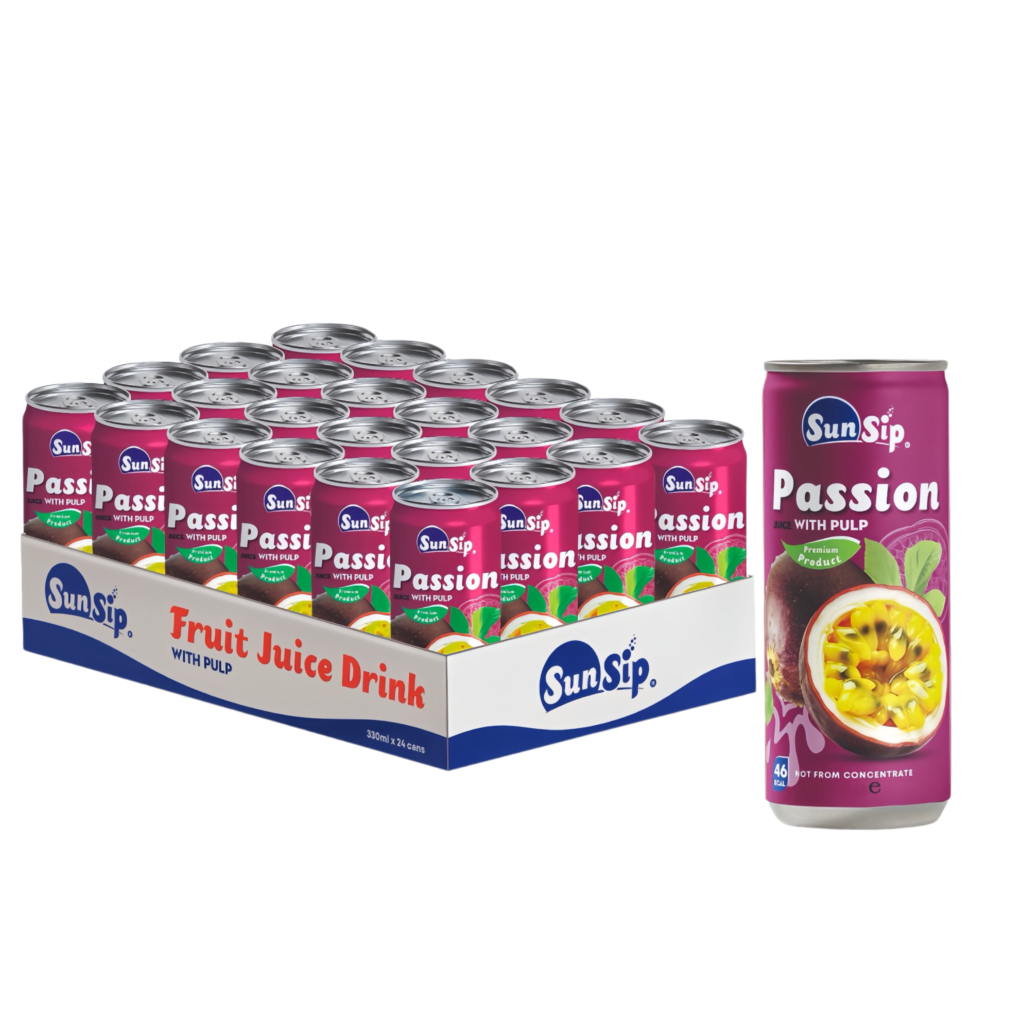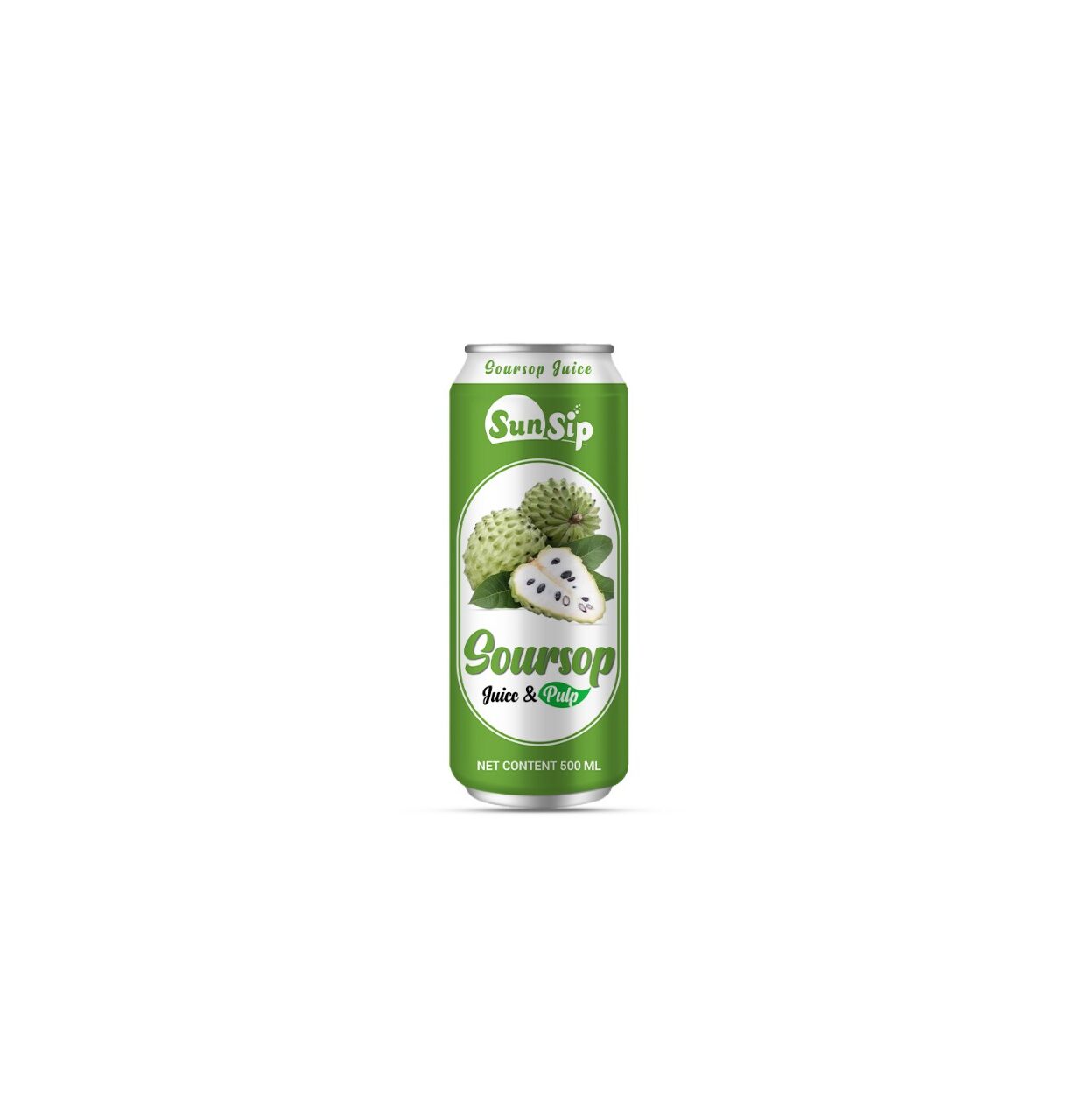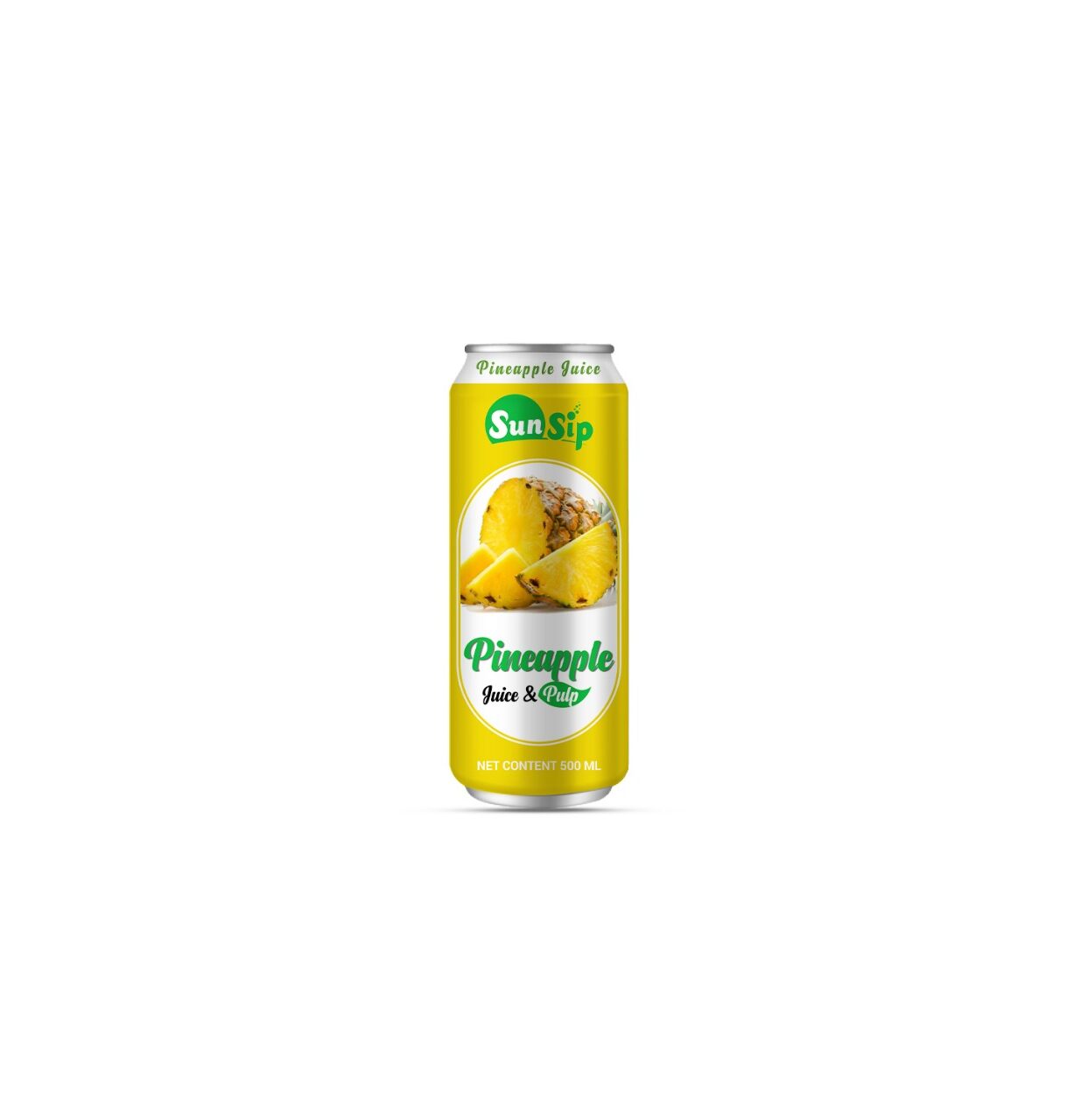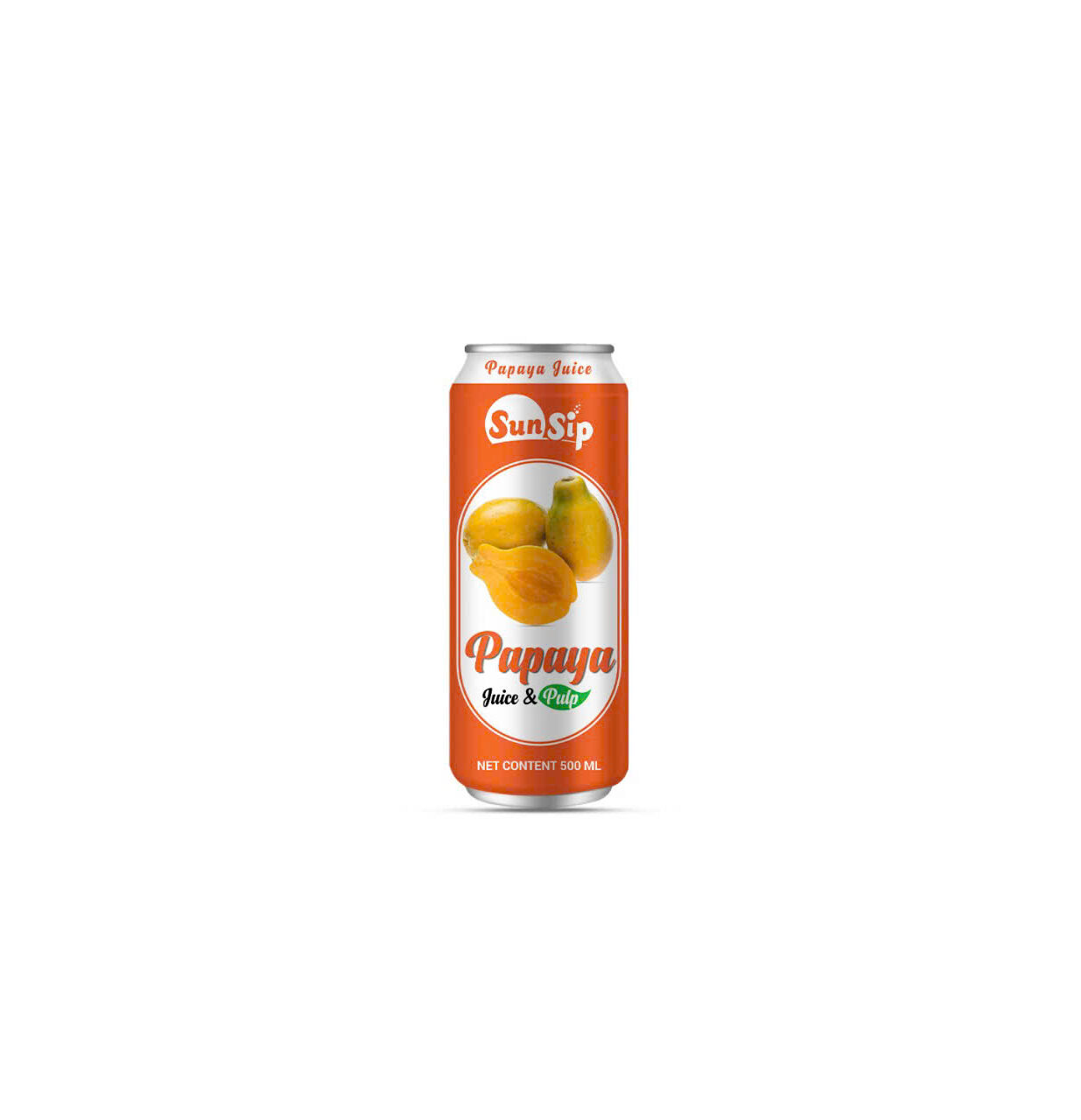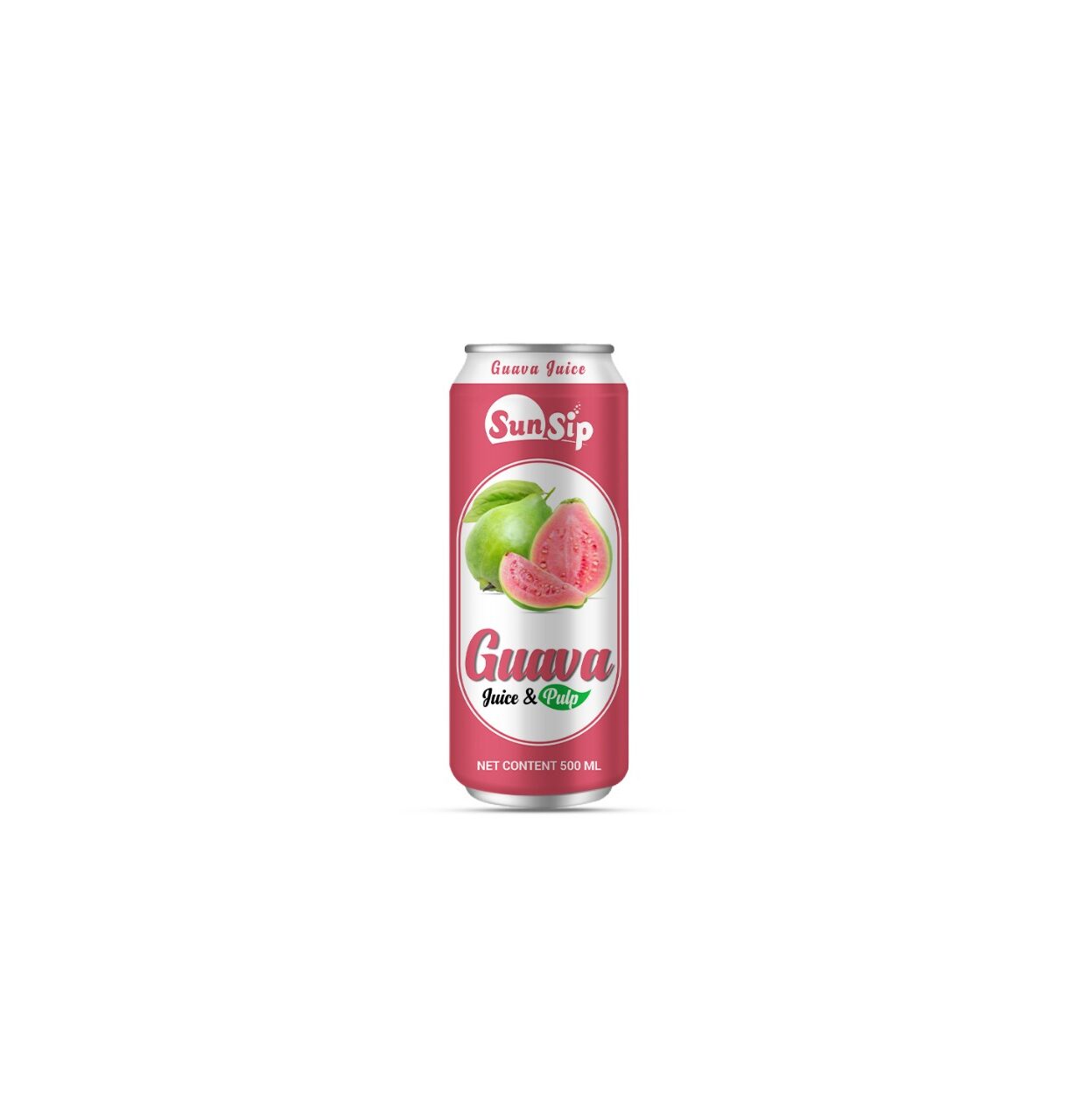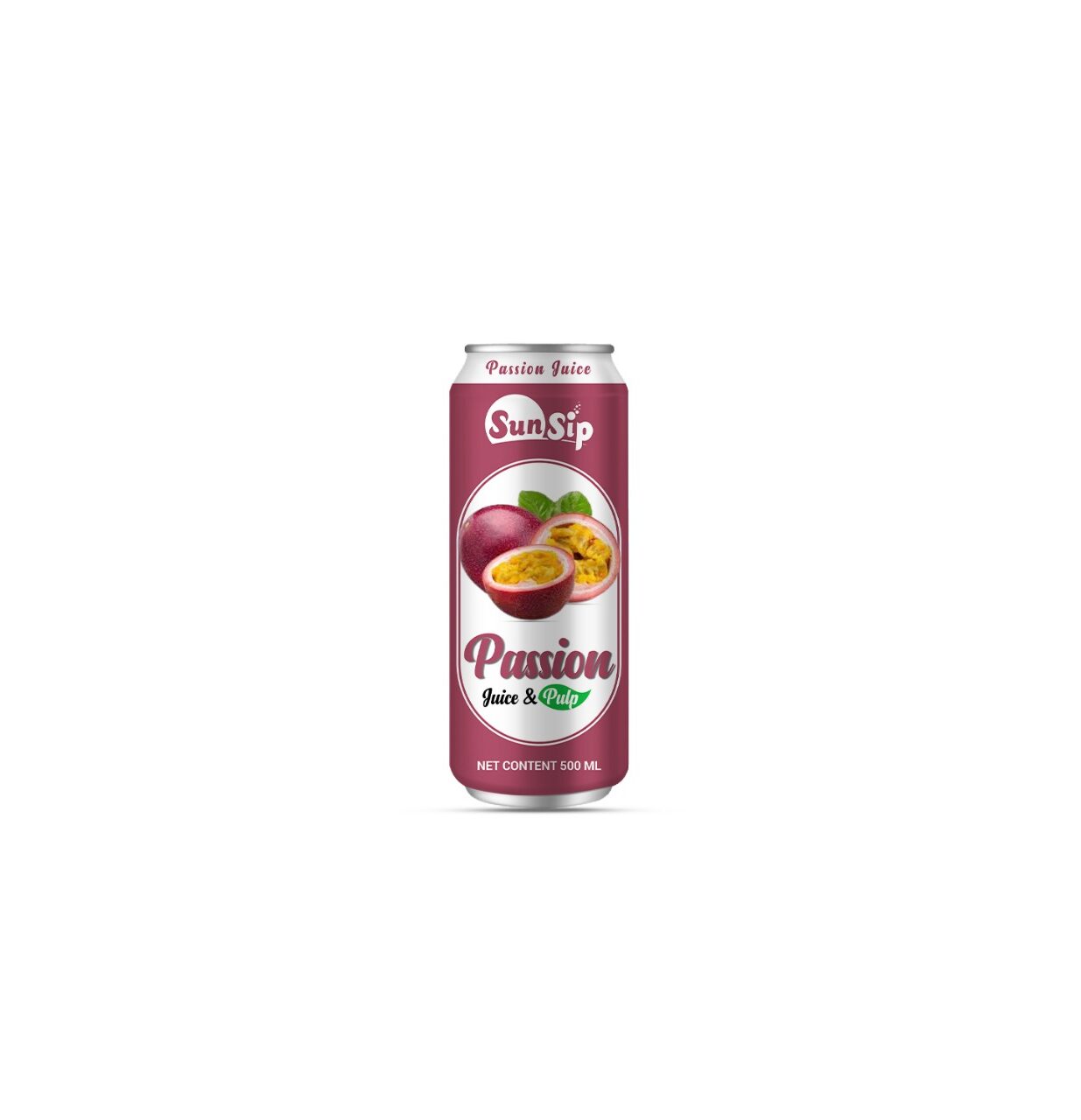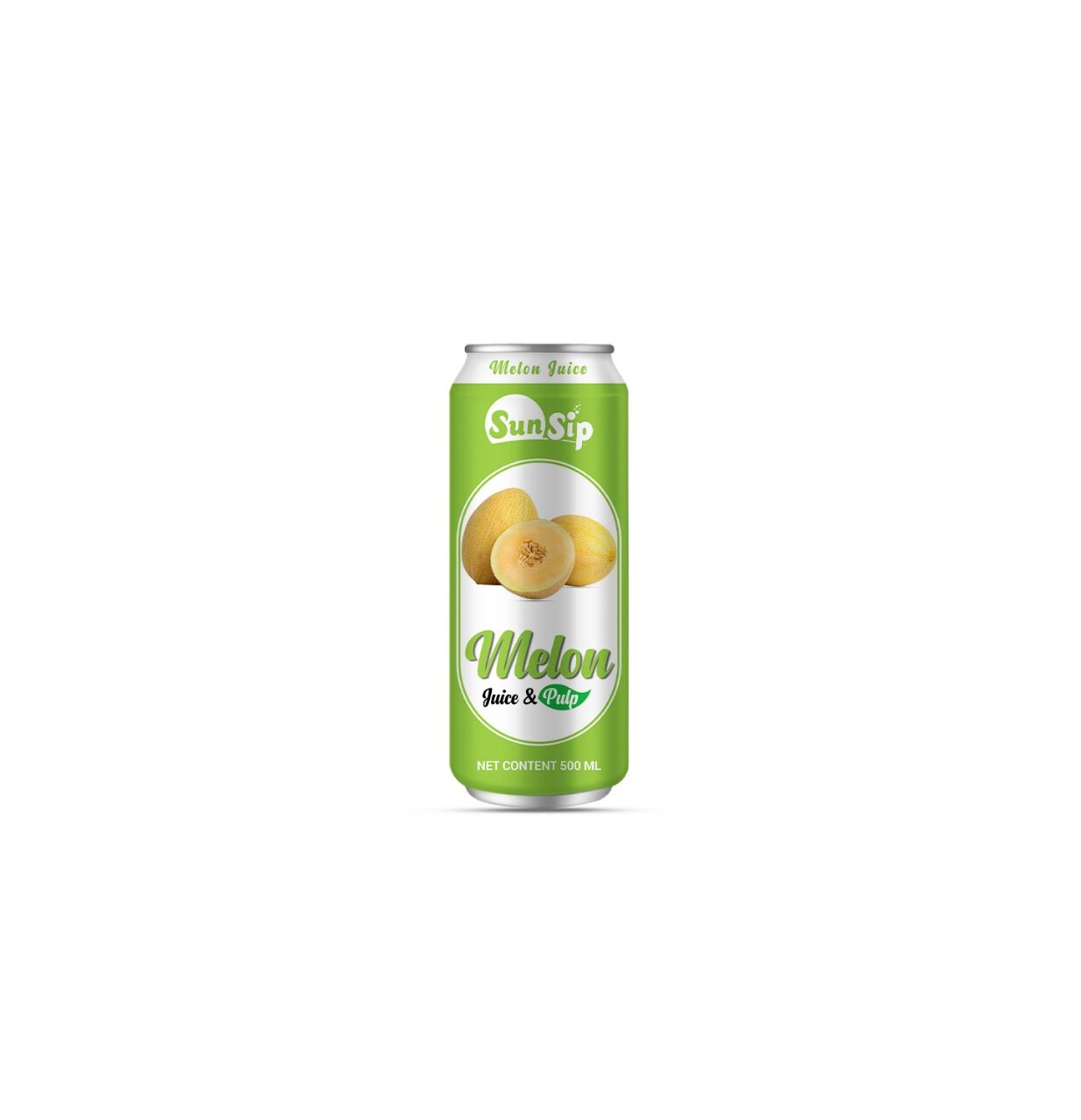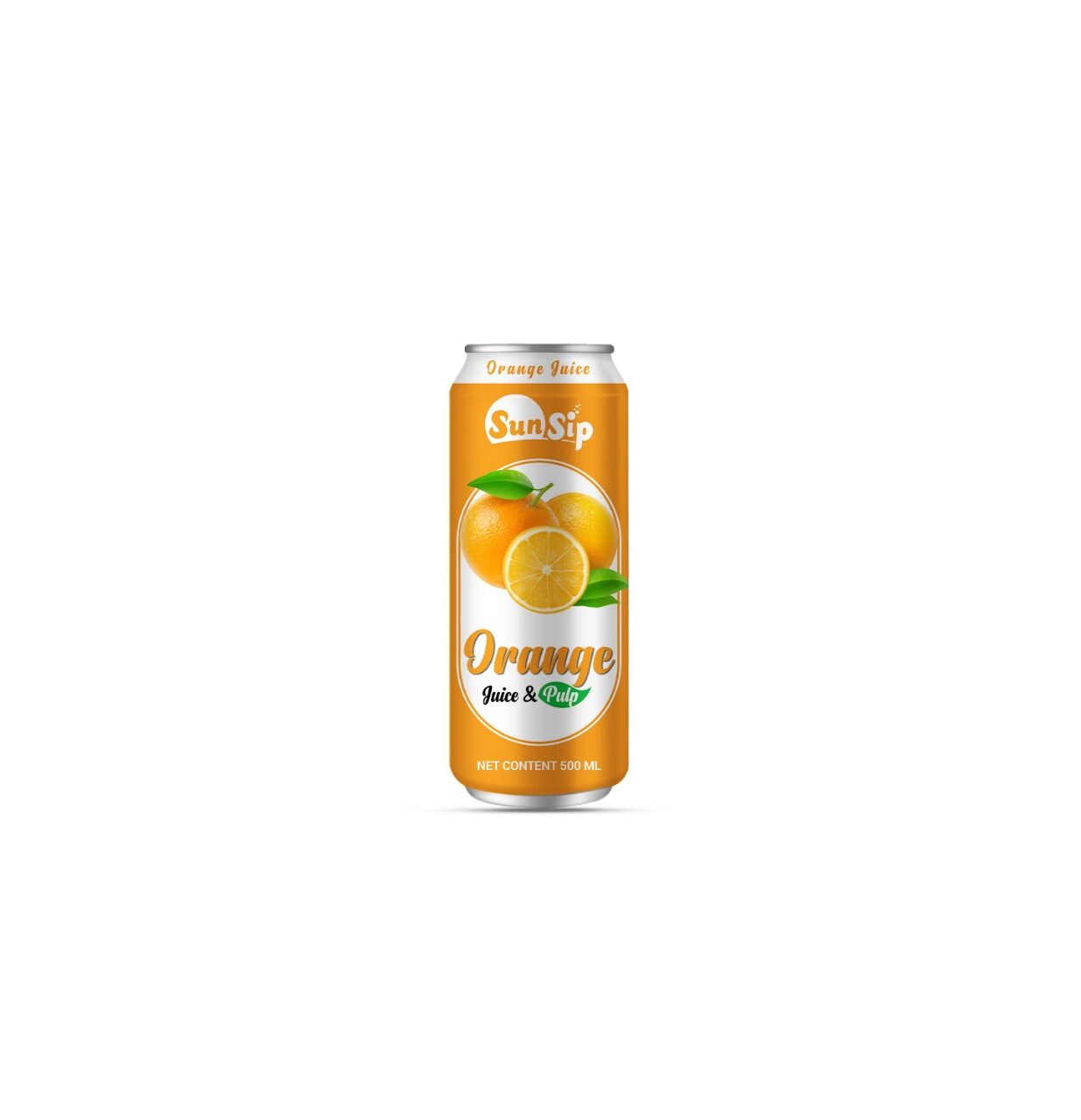Introduction
Passion fruit, a tropical delight, has become increasingly popular in both local and international markets. This exotic fruit, prized for its unique flavor and nutritional benefits, is grown in various regions around the world. While many countries produce passion fruit, Vietnam has carved a significant niche for itself, exporting high-quality passion fruit to numerous markets.
In this blog post, we will explore why passion fruit from Vietnam stands out in terms of quality, flavor, and nutritional value compared to imported varieties. With an increasing demand for fresh, high-quality fruit, understanding the differences between Vietnamese passion fruit and imported varieties can help consumers make informed purchasing decisions. Let’s delve into why passion fruit from Vietnam is often considered the superior choice.
The Exceptional Quality of Vietnamese Passion Fruit
Ideal Growing Conditions
Vietnam boasts a unique climate and soil conditions that are perfect for cultivating passion fruit. The country’s tropical climate, characterized by abundant sunlight and rainfall, provides an ideal environment for growing this fruit. Specifically, the Central Highlands and regions like Gia Lai, Dak Lak, and Lam Dong, with their fertile volcanic soil, are the main areas for passion fruit cultivation.
The rich soil and favorable weather conditions significantly enhance the taste and nutritional profile of the fruit. Unlike other countries where passion fruit is grown in varying conditions, Vietnam’s consistent climate contributes to a uniform harvest and superior fruit quality.
Superior Flavor
One of the most significant advantages of Vietnamese passion fruit is its robust flavor. Vietnamese passion fruit is known for its perfect balance of sweetness and acidity. The fruit has a strong, fragrant aroma and a tart yet sweet taste, making it ideal for a variety of culinary uses, from juices to desserts and savory dishes.
In contrast, imported passion fruits, such as those from Colombia and Thailand, tend to have a milder flavor. Imported varieties often lack the strong acidity that makes Vietnamese passion fruit so unique, which can lead to a less complex taste experience.
Nutritional Benefits
Vietnamese passion fruit is also packed with nutrients, making it a healthy choice for consumers. Rich in vitamin C, antioxidants, and fiber, it supports the immune system, aids digestion, and promotes skin health. With its high content of dietary fiber, it also helps in managing weight and improving gut health.
While imported varieties of passion fruit may have similar nutritional values, the fresher produce from Vietnam retains more of its nutritional benefits. Because Vietnamese passion fruit is often harvested and transported within a shorter time frame, it retains more vitamins and minerals compared to varieties that undergo longer shipping processes.
Environmentally Friendly Farming Practices
Vietnam is increasingly adopting organic farming practices for passion fruit cultivation. The use of fewer chemical pesticides and fertilizers helps maintain a healthy ecosystem and results in cleaner, healthier fruit. Organic farming also enhances the taste and quality of the fruit, as it is free from harmful chemicals.
In contrast, imported passion fruit from countries like Colombia or Peru may be grown using conventional farming methods, which can involve the use of pesticides and fertilizers. While these methods are regulated, they may still affect the quality of the fruit.
Comparing Vietnamese Passion Fruit to Imported Varieties
Flavor Profile
Vietnamese Passion Fruit:
The most significant difference between Vietnamese passion fruit and its imported counterparts lies in its flavor profile. Vietnamese passion fruit has a vibrant, rich flavor that combines sweet and sour notes in perfect harmony. The pulp is juicy, and the seeds add a delightful crunch, making it perfect for fresh consumption or use in juices and smoothies.
Imported Passion Fruit:
Imported passion fruit, particularly varieties from Colombia, tends to be milder in flavor. While these fruits are larger, their sweetness often outweighs the acidity. This imbalance can result in a less intense flavor experience, which may not appeal to those who appreciate the tangy sharpness of Vietnamese passion fruit.
Nutritional Value
Vietnamese Passion Fruit:
Freshness is key when it comes to nutritional content. Vietnamese passion fruit, due to its proximity to international markets, often reaches consumers within a few days of harvest. This short shipping time helps retain the high levels of vitamin C, antioxidants, and fiber.
Imported Passion Fruit:
Passion fruit from countries like Colombia and Peru may lose some of its nutritional value during the long shipping and storage periods. Though still nutritious, these fruits may not retain the same vitamin and antioxidant levels as those grown and consumed fresh in Vietnam.
Storage and Shelf Life
Vietnamese Passion Fruit:
Vietnamese passion fruit has a relatively short shelf life, typically lasting around 7-10 days when stored properly. However, the quick turnaround time from farm to market ensures that consumers get the freshest possible product.
Imported Passion Fruit:
Imported passion fruit, especially those coming from South American countries like Colombia and Peru, often undergo freezing or long-haul shipping. These methods extend shelf life but can compromise the freshness and taste of the fruit. Additionally, some imported varieties may contain preservatives to help them survive the long journey.
Price Comparison
Vietnamese Passion Fruit:
In terms of pricing, Vietnamese passion fruit offers excellent value for money. Due to the lower transportation and labor costs in Vietnam, the price of locally grown passion fruit is more affordable compared to imported varieties. Consumers can enjoy fresh, high-quality passion fruit at a competitive price.
Imported Passion Fruit:
Imported passion fruit, while often larger and visually appealing, tends to be more expensive due to the costs of international shipping and storage. The premium price is not always justified by the quality of the fruit, especially when compared to the flavorful and nutritious Vietnamese varieties.
Why Choose Vietnamese Passion Fruit?
Supporting Local Agriculture
By choosing Vietnamese passion fruit, consumers are supporting local farmers and promoting sustainable agriculture. The Vietnamese passion fruit industry is increasingly adopting organic and eco-friendly farming practices, ensuring that the fruit is grown with minimal environmental impact. This makes it a better choice for consumers who are conscious of their ecological footprint.
Superior Freshness and Quality
Vietnam’s proximity to international markets allows for faster shipping times, ensuring that the fruit arrives fresher and retains its high quality. With the emphasis on freshness, consumers can enjoy the full flavor and nutritional benefits of the fruit, which is often compromised in imported varieties due to extended storage and shipping times.
Better Value for Money
Vietnamese passion fruit is a cost-effective alternative to imported varieties. Its affordability, combined with its superior taste and nutritional benefits, makes it an excellent choice for consumers looking for high-quality fruit without the premium price tag.
Market Trends and Future Potential of Vietnamese Passion Fruit
As global demand for exotic fruits continues to grow, Vietnamese passion fruit is becoming an increasingly sought-after commodity. With its unique flavor, nutritional benefits, and eco-friendly production methods, it is well-positioned to capture a larger share of the global market.
In particular, markets in Europe, the United States, and Asia have shown strong demand for fresh, high-quality passion fruit. The Vietnamese government and agricultural organizations are working to expand export opportunities, providing Vietnamese farmers with better access to international buyers. With improvements in farming techniques and packaging, Vietnamese passion fruit will continue to be a top contender in the global market.
Moreover, as consumers become more health-conscious and aware of the environmental impact of their purchases, the demand for sustainably grown, fresh produce like Vietnamese passion fruit will likely increase.
Conclusion
Vietnamese passion fruit stands out as a superior choice over imported varieties. Its exceptional flavor, high nutritional value, and environmentally friendly farming practices make it the preferred option for consumers worldwide. With its affordability and quality, Vietnamese passion fruit is an excellent addition to any diet, offering both health benefits and culinary versatility.
As global demand for fresh, high-quality fruits continues to rise, Vietnamese passion fruit is poised to take its place at the forefront of the international market. By choosing local, consumers not only support sustainable agriculture but also enjoy the freshest and most flavorful passion fruit available. Whether enjoyed fresh, in juices, or as part of various dishes, Vietnamese passion fruit is the ultimate choice for those seeking the best in taste, nutrition, and quality.
